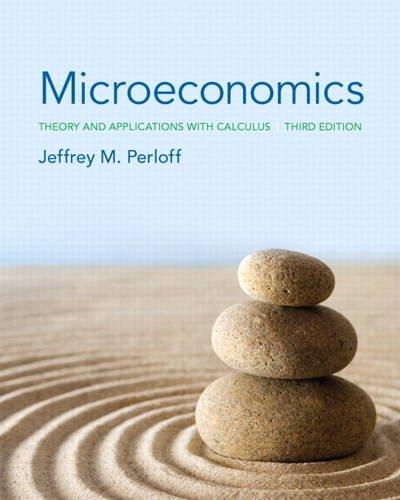The reputations of some of the worlds most prestigious museums have been damaged by accusations that they
Question:
The reputations of some of the world’s most prestigious museums have been damaged by accusations that they obtained antiquities that were looted or stolen in violation of international laws and treaties aimed at halting illicit trade in art and antiquities
(Ron Stodghill, “Do You Know Where That Art Has Been?” New York Times, March 18, 2007). A new wariness among private and public collectors to buy works whose provenance has not been rigorously established jeopardizes the business of even the most established dealers. Conversely, this fear has increased the value of antiquities that have a solid ownership history. The Aboutaam brothers, who are among the world’s most powerful dealers of antiquities, back an international ban on trade in excavated antiquities. As Hicham Aboutaam said,
“The more questionable works entering the antiquities market, the less their value and the larger the dark cloud that hangs over the field. That affects prices negatively. I think we could put an end to the new supply, and work comfortably with what we have.”
a. What would be the effect of the ban on the current stock of antiquities for sale in the United States and Europe?
b. Would such a ban differentially affect established dealers and new dealers?
c. Why would established dealers back such a ban?
d. Discuss the implications of a ban using the concept of an economic rent.
1.3. Explain the reasoning in the Application “Tiger Woods’ Rents” as to why Tiger Woods was able to capture essentially all the rents from some companies but not from others.
Exercises
= exercise is available on MyEconLab; * = answer appears at the back of this book; M = mathematical problem.
2. Producer Surplus
Step by Step Answer:

Microeconomics Theory And Applications With Calculus
ISBN: 9780133019933
3rd Edition
Authors: Jeffrey M. Perloff






